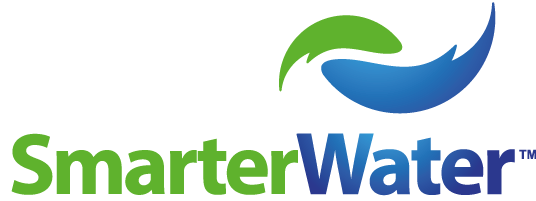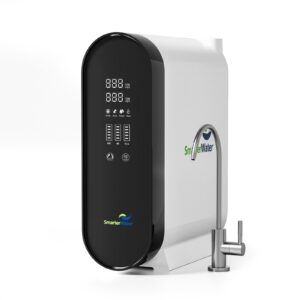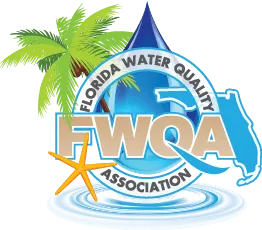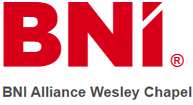![]() Water systems are designed, assembled, and packaged in the U.S.A.
Water systems are designed, assembled, and packaged in the U.S.A.
Menu
- Combo Systems
- Control Valves and Accessories
- C-Series Bypass Assembly
- CL10-PVC, C-Series 1" PVC M Adap Ells (Set 2)
- Connector-1" Female Straight Slip (Set 2)
- Connector-1" MIPT Elbow (Set of 2) Connector-1" MIPT Elbow (Set of 2)
- CS-BYPASS, Connected Series & DROP By-Pass Valve
- Installation Connector- 1 Inch
- Pentek Big Blue, 1" Filter Housing
- Pentek O-Ring, Big Blue
- Pentek Spanner Wrench Big Blue
- Lab Tests
- Leak Detector
- Replacements
- 20" 5-Micron Pleated Sediment Filter – First Stage Filtration
- 20" PPC (Polypropylene Carbon) Filter – Second Stage Filtration
- CARBON BLOCK-TASTE–ALKALINE-REMINERALIZATION
- Reverse Osmosis Annual Filter Replacement Bundle – Fits SW600G / SW800G
- Reverse Osmosis Year-1 Filter Bundle (3-Filter Kit for SW1200G)
- Reverse Osmosis Year-2 Filter Bundle (4-Filter Kit for SW600G)
- SmartSOFT: CATION RESIN, Cation Resin, 10%, Gold, 1 Cu Ft Bag, CR-10
- SWCTO20BB
- SWCTOPb20BB
- SWGAC20BB
- SWGACKDF20BB
- UV Replacement Sleeve (20GPM)
- Reverse Osmosis
- Reverse Osmosis Filters
- Sediment Filters
- UV Filtration
- Water Filters
- 2-Stage: Whole House Cartridge System (10"x4.5" - Essential)
- 3-Stage: Whole House Water Filter System
- 3-Stage+UV: Whole House Filtration, Plus UV Disinfection (20"x4.5" - Pro)
- 5-Stage: Whole House Water Filter System
- 6-Stage: Whole House Water Filter System
- Reverse Osmosis Water Filter System - SW1200G
- Reverse Osmosis Water Filter System - SW600G
- Reverse Osmosis Water Filter System - SW800G
- Water Softeners
- Well Water Filters
- 5-Stage: Well Water Iron Filter System
- 7-Stage LT: Well Filter + Salt Based Softener
- 8-Stage LT: Well Water Filtration System + Salt-Free Water Conditioner (Softener Alternative)
- 9-Stage XL: Well Filter + Salt Based Softener
- 9-Stage XL: Well Filter + Salt-Free Softener
- Calcite pH Neutralizer
- Chlorine Injection System
- Tannin Removal System







